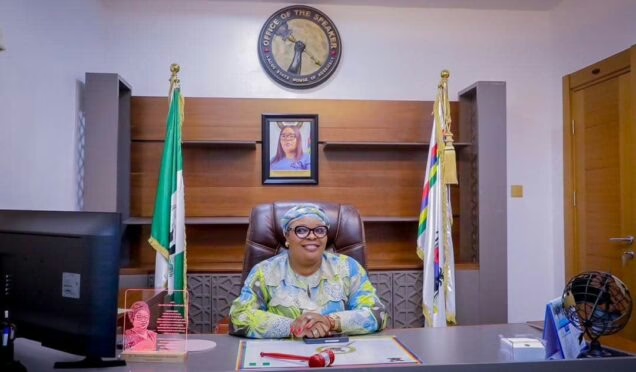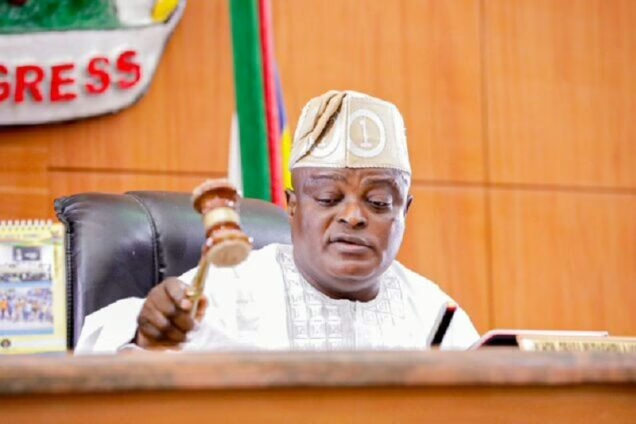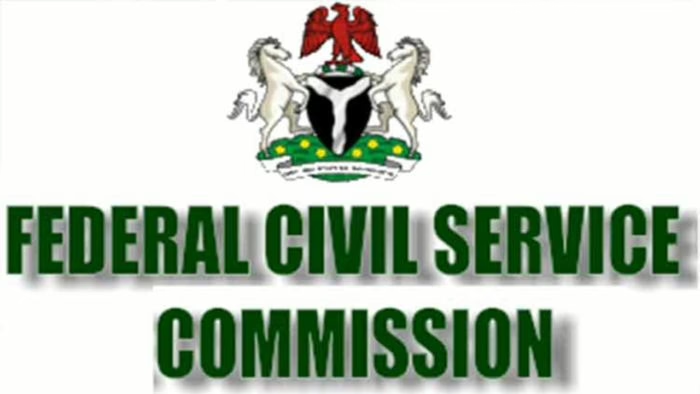The bliss of a joyful marriage can end when couples allow festering of unresolved disagreements. This consequently leads to conflicts and crises in the home.
The dictionary defines a crisis as a turning point in a sequence of events when the situation is determined to either become better or worse.
The American Association for Marriage and Family Therapy states that marital crisis often stems from difficulties with communication. Over time, this results in arguments, defensiveness and contempt.
A marriage counsellor, Mr Samuel Umesi, says that marital disputes can arise from external factors such as friends, in-laws and work. Apart from external forces, he notes that couples can also be the originator of their disputes.
Also, studies indicate that unmet expectations, conflicting standpoints on childcare, uncooperative and inattentive spouse, stress, fear and unwillingness of long-term tasks, poor communication, financial issues, loss of a loved one or job, fertility issues, lack of intimacy, coping with mid-life crisis and infidelity among others are causes of marital crisis.
Umesi and another relationship and family counsellor, Foluso Omotunde, highlight eight inexhaustible ways couples can handle a marital crisis.
Before a crisis occurs, several events such as prolonged disputes or disagreements among others can be ongoing without the couples’ awareness of a looming problem.
But for couples already facing a crisis, the help of an independent third party, preferably, a marriage counsellor needs to be sought.
Omotunde says, “Disputes are disagreements or misalignments which arise in marriage as a result of personal, familial, cultural, social, religious, legal, political and moral conflicts. Seeking the services of a professional counsellor to help unbundle issues and cut through the complexities of marriage is necessary. Here, an impartial third party seeks to address the dispute through the use of a structured, interactive process, specialised communication and negotiation techniques.”
After the source of the crisis has been established, realisation and admittance of wrongdoing or a fault by the concerned individuals is the next step in the journey.
Omotunde explains, “When conflicting couples realise their errors, it may bring either or both couples to apologise. This is mostly followed by an action plan to ensure that either or both parties do better towards ensuring that a repeat does not reoccur.”
Umesi advises couples to admit, accept and apologise for wrongdoings.
“Learn to apologise to your partner after a mistake but this should be done appropriately. This will help your partner to be remorseful, accept their faults and settle the issues amicably. Couples should learn how to be kind and humble in their marriage. This will bring partners to a sense of mutual understanding,” he says.
A display of individual differences can cause disagreements. Extending an olive branch whenever disputes occur will help to prevent a marital crisis.
Umesi says, “There is the cliché that a successful marriage is one between two forgiving partners. Forgiving your partner should be something couples do unconditionally. When you forgive your partner, you can let go of the hurt and then rebuild your relationship with your partner.”
“A good understanding of diversity and inclusion can help build a healthy level of tolerance where either or both parties come to a place of acceptance and can work through the disputes,” Omotunde says.
Arriving at a point where either party understands the issues surrounding the crisis will lead to a quicker resolution.
Umesi adds, “When partners understand each other’s temperaments, likes and dislikes, it would help them know the best way they need to approach issues and communicate grievances and desires.”
Omotunde advises that after the involvement of third parties and counsellors in the first stages of handling and resolving the crisis, couples should also engage in a one-on-one conversation on the issue.
He says, “One-on-one talk time. Here both parties agree to talk about the issues without the interference of any third party.”
Omotunde says, “Couples who are religious may also rely on their religious leaders to help them resolve the dispute. Couples may also rely on teachings of their holy books to resolve the dispute and guide them in marriage.”
Umesi also advises couples who believe in religious activities to engage in such activities together.
To further help and reconnect as a couple, the marriage counsellors advise couples to restart or create activities and engagements they can do as a couple.
Umesi says, “Doing things together will help couples manage whatever disputes they have. When couples have close contact with each other, even during a dispute, it helps to resolve it.’’.
Umesi advises couples to remember the lovely moments they have had.
“There are some moments in the couples’ lives that they look forward to, remember with fondness and would always love to recreate. So when there is a dispute, the cherished moments would help them attempt to resolve the disputes so that they can reunite as one,” he said.
Umesi adds that partners who are devoted to loving each other would always find ways to resolve conflicts that might arise, irrespective of the source.











